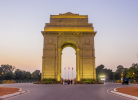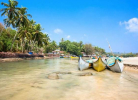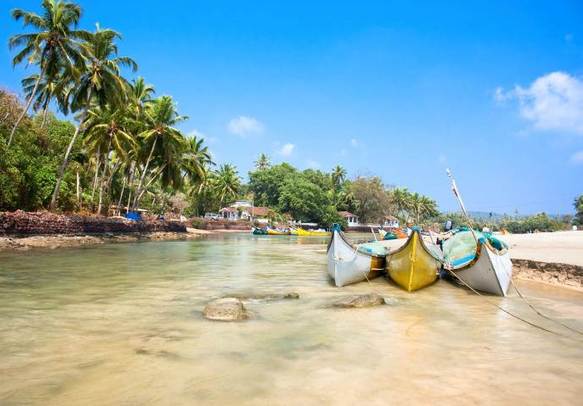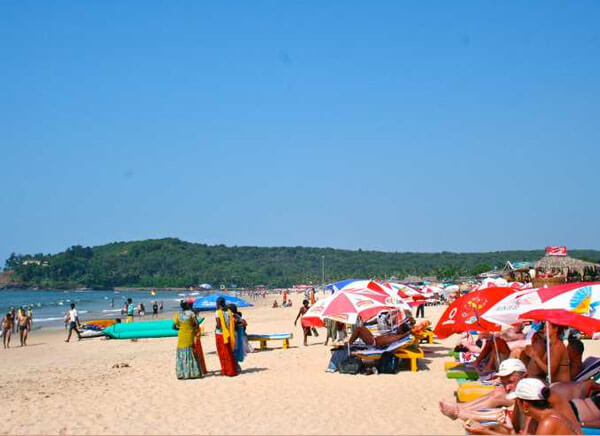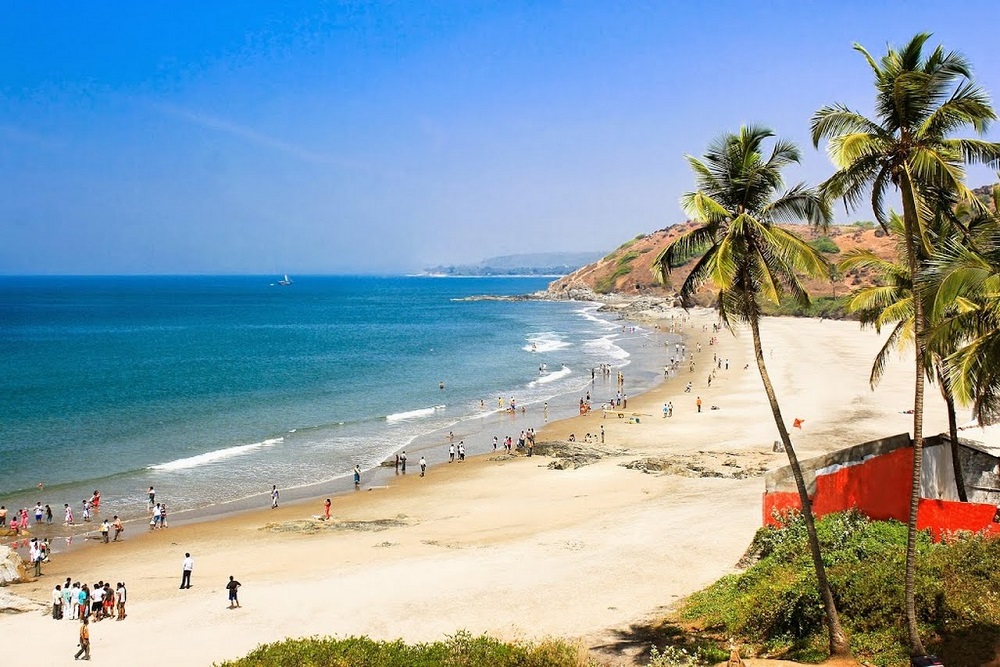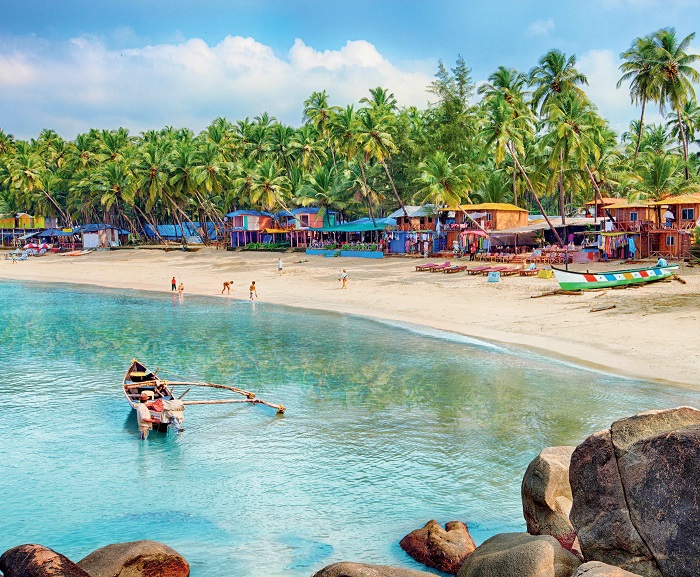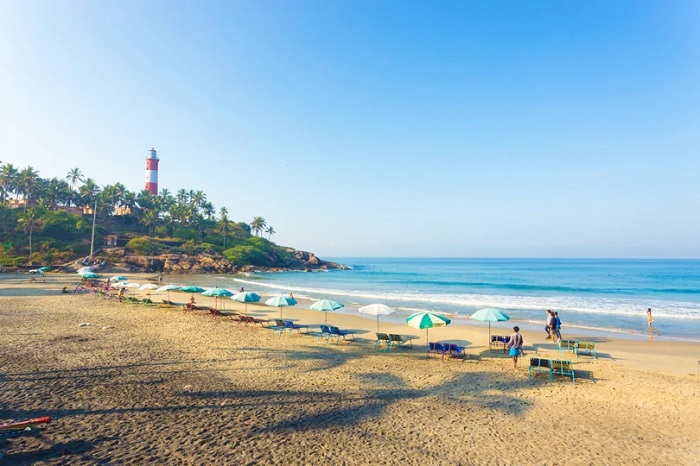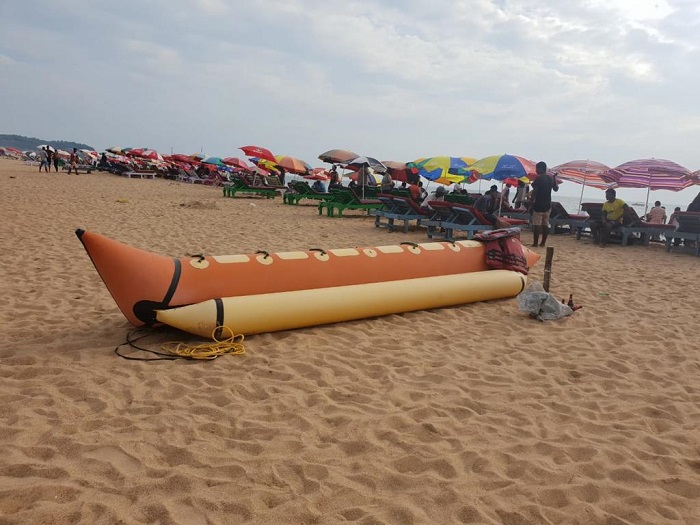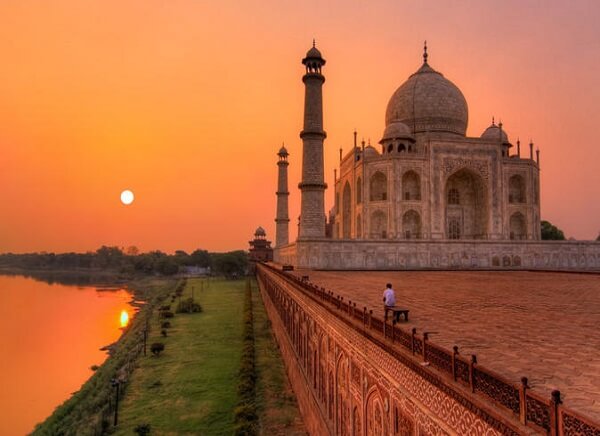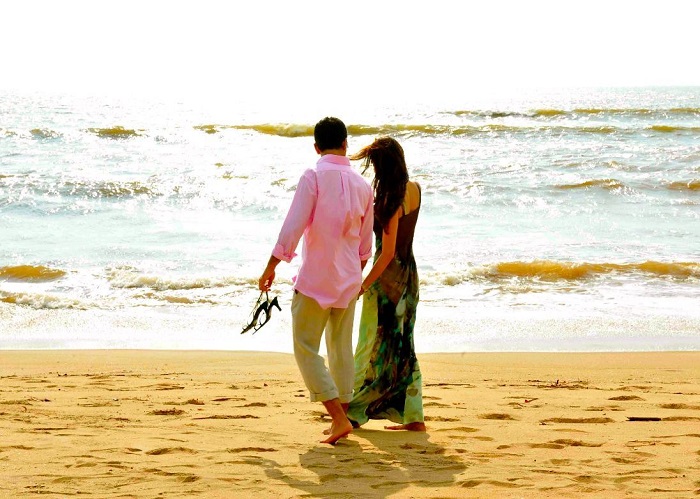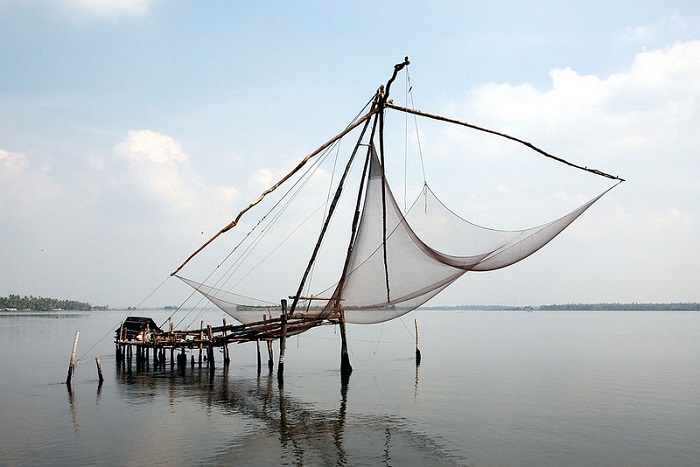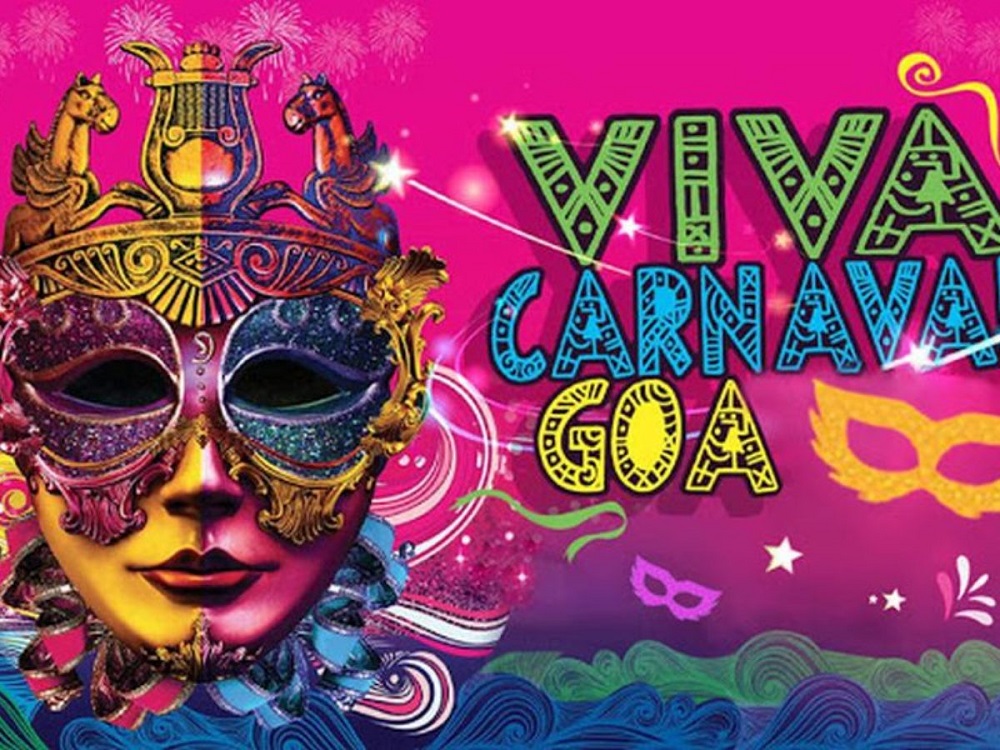Top 10 Facts about Goa
Every year, more than two million domestic and international travelers visit Goa. It is one of the best tourist destinations in the country. Goa is a little more than just beaches and here are some of the interesting facts for you to enjoy about Goa.
1. Geography
Goa is the smallest state of the country. The state stretches for just 75 miles from North to South and 50 miles from West to East. Contrarily, it is the state with the highest per-capita income. The income of an average Goan is 2.5 times higher than average Indian. Goans can have dual citizenship (India and Portugal). Goan people can have both Indian and Portuguese passport together (dual citizenship is applicable only for those born before 1961). No other state in India has this privilege. Goa has two independence days (15th August and 1st December).
2. History of Goa
The oldest rock of the country was found in Goa. The rock is more than 3.6 thousand million years ago. The earliest human settlement in Goa belongs to the Paleolithic era. Pandavas (from Hindu epic, Mahabharatha) are believed to have lived in Goa during their period of exile. The oldest building of the state is Adil Shah’s Palace built in 16th century. Portuguese ruled Goa for a little more than four centuries.
Get Complete Info : About History of Goa
3. Firsts of all
Goa is the first region in Asia to have a floating casino. The first medical school of the country was established in Goa in mid of 19th century. However, the school was demolished in 2004. The first printing press of India is in Goa. It was brought to Goa by Portuguese in 16th century. Goa has the only Naval Aviation Museum of the continent. The first English medium school of India was started in Goa.
4. Churches
The largest church of Asia is located in Goa; the Se Cathedral located in Old Goa. The edifice of this church is largest in India and Portugal. The Basilica of Bom Jesus holds the mummified remains of St. Franciso Xavier, which is displayed during the feast of the church. With 450 years of Portuguese rule and whooping number of Churches, Goa still has more number of Hindus than Christians. 65.7% of Hindus and 26.6% of Christians form the major population.
Read More : 20 Most Famous Churches in Goa
5. Natural beauties
One of the highest waterfalls of India, Dudhsagar Falls is located in Goa. 33% of Goa’s geography is forest region. Goa is one of the two places in India (other place is Orissa), where you can find Olive Ridley turtles laying eggs. Watching the hatchings crawl back to ocean is a major festival in Goa. Goa has 275 species of local birds and 40 animals within the forest cover. Goa has the only bubbling lake in the country. The water in Natravali Lake bubbles because of presence of methane gas.
6. Local population facts
Number of people visiting Goa is seven times higher than its population, every year. Goa is rated as Indian destination with the best standard of living. Goans have lowest obesity rate in the country. There are more than 7000 licensed bars in Goa, and many more unlicensed ones. Goa is the only state in the country to have two-wheeler taxi for single person travel.
7. Symbol facts
The state animal of Goa is gaur. The state bird is the flame-throat bulbul. State tree is asna. The capital of Goa is Panaji and it has been the capital since 1843. Goa was initially a union territory and was changed to a state in 1987. Goa has two official languages; Konkani and Marathi. The state’s sport is football and a popular one too, because the sport was introduced as a part of Christian education in 19th century.
8. Mineral wealth
Goa is the state with highest ore exports in India. Export of manganese and iron is in progress since 19th century. Most of the exports are done with Japan.
9. Haunted Goa
It is not a proud fact, but quite an interesting one too. For a state with numerous churches, temples and other religious sites, the state also has the most number of haunted places in the country. Some of the top haunted places are Three Kings Church, Rachol Seminary Arch, Ignorchem Bandh, Jakni Bandh, and others.
10. Unique laws
Contrary to popular belief, going topless (female) in beaches of Goa is illegal. You cannot bring any unopened liquor bottles or cans out of Goa. It is illegal. Unlike other parts of the country, Goa has one unified civil law for all inmates with no regard to ethnicity, religion, and others. For instance, Hindu Marriage Act of India does not cover Christians and Muslims. However, in Goa, everyone is the same in the eyes of law.



